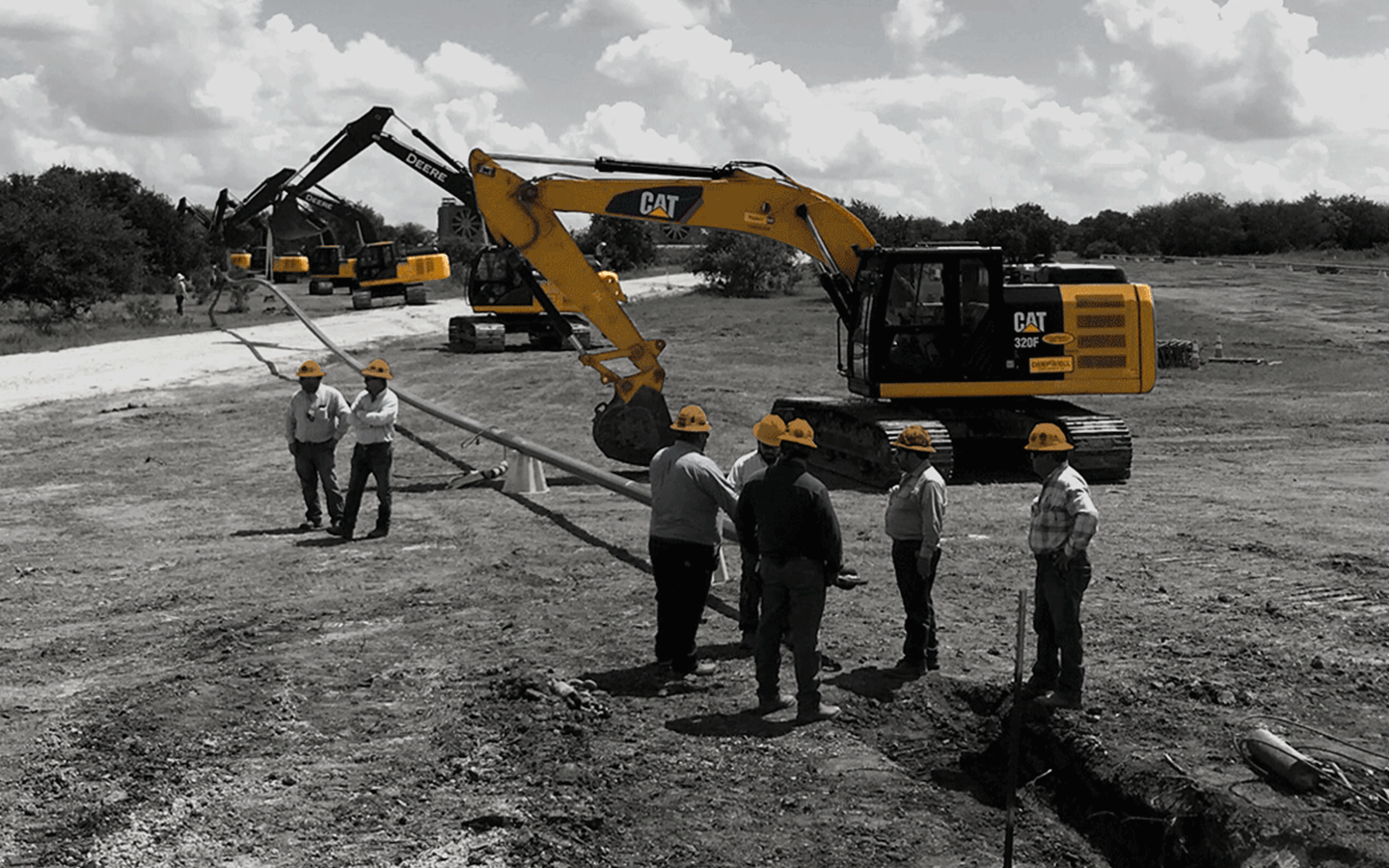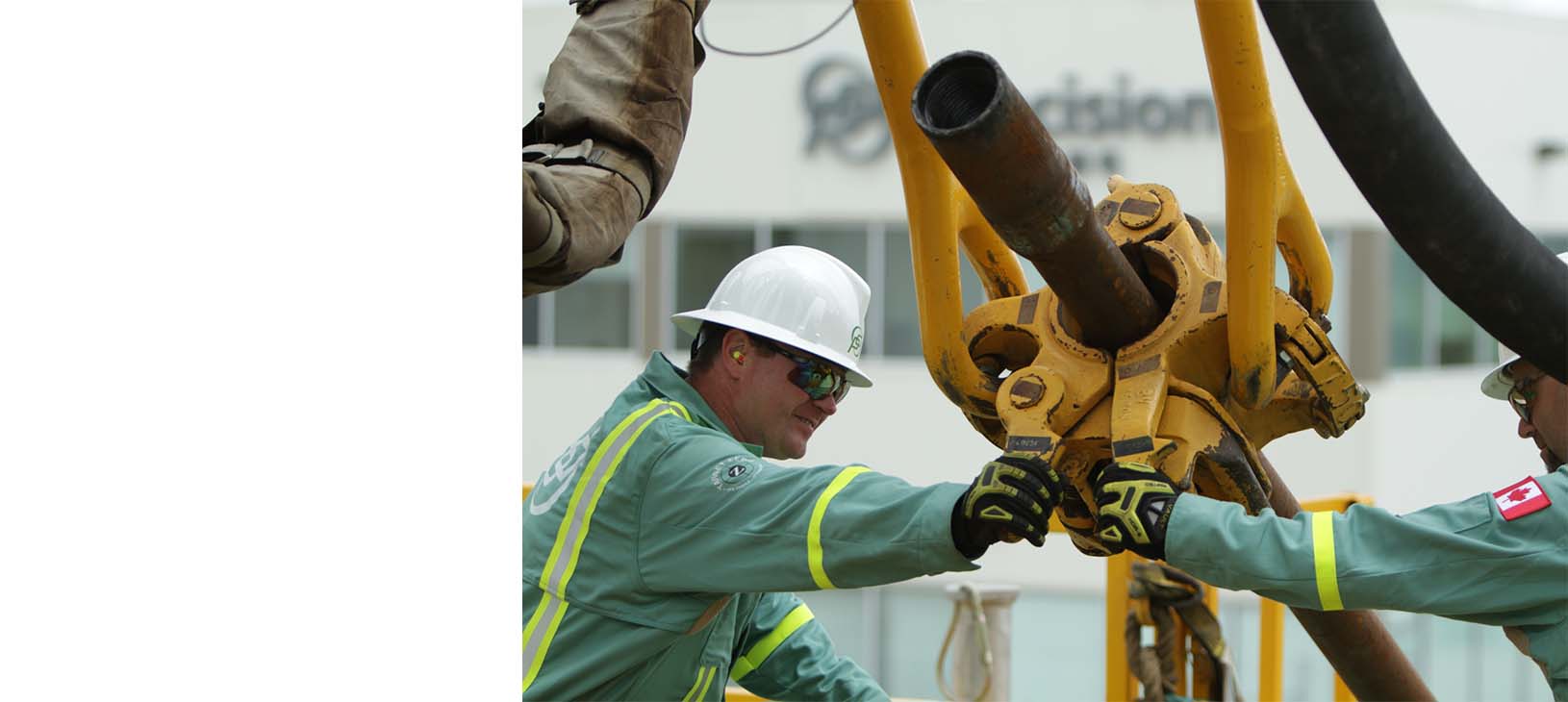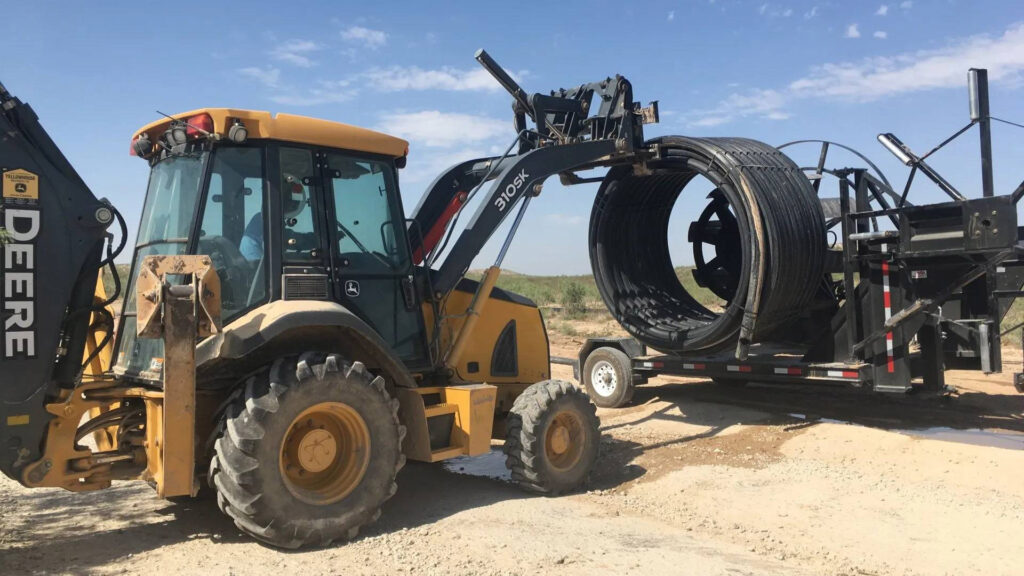Top advantages of working with Superior Oilfield Rentals in today’s energy industry
A Comprehensive Guide to the Numerous Sorts Of Oil Field Equipment and Pipeline Equipment Available
The oil and gas industry depends heavily on customized tools for reliable removal and transportation. Different types of equipment, from piercing rigs to storage space containers, play essential roles in this complex process. Each tool offers distinctive features that add to total functional success. Comprehending these parts is vital for any person involved in the sector. As the industry advances, so also do the technologies that support it. What developments are on the horizon?

Drilling Rigs: The Foundation of Oil Exploration
Drilling rigs offer as the necessary machinery in the domain name of oil expedition, allowing firms to access hydrocarbon gets buried deep beneath the Planet's surface. These rigs can be found in various types, consisting of land rigs, offshore rigs, and mobile units, each created to operate in certain environments. Geared up with innovative technology, piercing rigs can pass through geological formations with accuracy, making certain efficient resource extraction. The architectural integrity and operational capabilities of these rigs are essential, as they should hold up against extreme problems and significant stress. The option of a boring gear impacts the overall project cost and timeline, making it an important consideration for oil firms looking for to maximize their expedition efforts and optimize efficiency in their procedures.
Pumps: Important for Liquid Movement
In the oil removal process, the duty of pumps is substantial, assisting in the motion of liquids throughout various stages of manufacturing. Pumps are vital for transferring crude oil, water, and various other fluids from underground storage tanks to the surface and afterwards through pipes to refineries. They can be found in numerous kinds, consisting of centrifugal, positive variation, and submersible pumps, each serving specific objectives based upon the liquid attributes and operational requirements. Centrifugal pumps are generally utilized for their effectiveness in high-flow applications, while positive variation pumps master handling viscous fluids. The selection of pump effects overall performance, operational safety, and upkeep expenses. Proper selection and upkeep of pumps are vital for maximizing production and decreasing downtime in oil area operations.
Shutoffs: Controlling Flow and Pressure

Valves play a crucial duty in managing the flow and stress of liquids within oil fields and pipelines. Different kinds of shutoffs offer distinctive applications, each created to accomplish specific features fundamental for effective procedure - Superior Rentals fusion machines. Understanding the attributes and uses these valves is crucial for optimizing system performance and safety and security
Sorts of Valves
Crucial elements in oil field procedures, shutoffs play a vital duty in regulating the circulation and stress of fluids within pipelines and equipment. Various types of valves are used to fulfill the varied requirements of oil and gas production. Common types consist of gateway shutoffs, which supply a straight-line flow and minimal stress decline; globe valves, recognized for their strangling abilities; and sphere valves, identified for their fast on/off control. In addition, check valves avoid backflow, while butterfly shutoffs supply a lightweight service for controling circulation. Each valve type is made with details products and configurations to endure the severe problems often discovered in oil fields, making sure reliability and performance in procedures. Understanding these kinds is crucial for effective system monitoring.
Valve Applications and Features
While different kinds of valves offer unique purposes, their key applications focus on managing circulation and pressure within oil and gas systems. Shutoffs such as entrance, world, and ball shutoffs regulate fluid motion, ensuring peak efficiency and security. Gate shutoffs are commonly made use of for on/off control, offering marginal flow resistance. Globe valves, on the other hand, deal accurate circulation regulation, making them appropriate for strangling applications. Ball shutoffs are preferred for their quick procedure and tight securing capabilities. Additionally, pressure safety valve are essential for stopping system overpressure, safeguarding devices honesty. Overall, the suitable choice and application of valves improve functional performance, guaranteeing the trusted transport of oil and gas through pipelines and handling centers.
Compressors: Enhancing Gas Transport
Compressors play a critical role in the effective transportation of gas, ensuring that it moves smoothly with pipes over long distances. These tools enhance the used excavator for sale pressure of natural gas, enabling it to get over friction and elevation modifications within the pipeline system. Furthermore, compressors promote the balancing of supply and need, accommodating fluctuations in usage and manufacturing rates. Different sorts of compressors are employed in the market, including centrifugal, reciprocating, and rotating screw compressors, each offering distinct advantages based on the operational demands. Routine upkeep of these compressors is crucial to optimize effectiveness and lessen downtime, eventually adding to a dependable gas transportation network. Their crucial function emphasizes the relevance of compressors in the total oil and gas facilities.
Storage Tanks: Safe and Effective Fluid Management
Reliable transportation of all-natural gas depends on numerous support group, one of which is the proper monitoring of tank. These storage tanks play a vital role in securely including fluids, making sure that functional effectiveness is kept while decreasing ecological dangers. Built from long lasting materials, they are designed to stand up to high pressures and harsh components. Appropriately sized and strategically situated, storage tanks assist in the smooth circulation of gas and various other fluids, stopping traffic jams in supply chains. Regular maintenance and monitoring are necessary to detect leakages or architectural issues, promoting safety and security and compliance with governing standards. Eventually, the effective administration of storage space containers is essential for the total honesty and integrity of the oil and gas sector's fluid handling systems.
Pipeline Systems: Facilities for Transport
Pipeline systems work as the backbone of the oil and gas market, facilitating the effective transport of hydrocarbons over vast distances. These systems are composed of different parts, consisting of pipes, shutoffs, pumps, and compressors, all carefully made to my explanation ensure smooth circulation. The products used in pipeline construction, frequently steel or high-density polyethylene, are chosen for durability and resistance to deterioration. Pipeline networks can cover across land and water, attaching manufacturing websites to refineries and circulation. Additionally, advanced technology enables real-time tracking of flow rates and pressure levels, enhancing operational efficiency. The strategic placement of these pipelines minimizes environmental influence while taking full advantage of source availability, consequently playing an essential role in meeting energy demands worldwide.
Security Equipment: Making Sure Worker and Environmental Security
The operation of pipeline systems, while important for energy transportation, additionally provides considerable safety challenges for employees and the atmosphere. Security equipment plays a significant duty in minimizing these dangers. Personal safety devices (PPE) such as safety helmets, gloves, and non-slip shoes safeguards workers from physical risks. In addition, gas discovery systems check for leakages, making sure that dangerous compounds do not position a threat to employees or the bordering ecological community. Emergency situation shutdown systems are vital for rapidly halting procedures during a crisis, preventing possible disasters. Spill control materials, including absorbents and barriers, are basic for decreasing environmental effect. Overall, purchasing all-encompassing safety and security tools is critical for maintaining operational integrity and protecting both workers and the environment in the oil and gas market.

Regularly Asked Concerns
Exactly how Do I Choose the Right Oil Field Equipment for My Job?
Choosing the right oil area equipment includes examining project specifications, budget plan restraints, and functional needs. Think about elements such as equipment reliability, compatibility with existing systems, and the distributor's online reputation to assure peak efficiency and safety and security.
What Are the Upkeep Needs for Oil Field Equipment?
Upkeep needs for oil area equipment consist of routine evaluations, lubrication, and timely fixings. Operators needs to likewise follow maker guidelines, monitor performance metrics, and assurance compliance with security regulations to boost durability and performance.

How Can I Guarantee Conformity With Environmental Regulations?
To guarantee visit this web-site compliance with environmental policies, business have to perform normal audits, implement best practices, buy training, maintain proper paperwork, and stay updated on legislation (Superior Rentals midland). Collaboration with environmental agencies can likewise improve adherence to guidelines
What Is the Typical Life Expectancy of Pipeline Equipment?
The ordinary life-span of pipeline devices usually ranges from 20 to 50 years, depending upon aspects such as worldly high quality, ecological conditions, and maintenance practices. Regular evaluations can considerably affect durability and functional effectiveness.
How Do I Safely Carry Oil Field Equipment to Remote Locations?
Delivering oil area tools to remote areas calls for mindful preparation, consisting of path analysis, safeguarding authorizations, making use of suitable vehicles, and making certain security protocols are adhered to. Proper training and interaction among staffs are vital for successful transport.